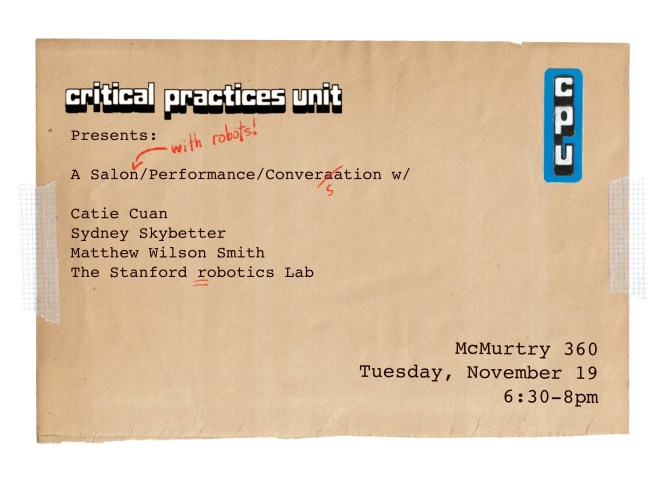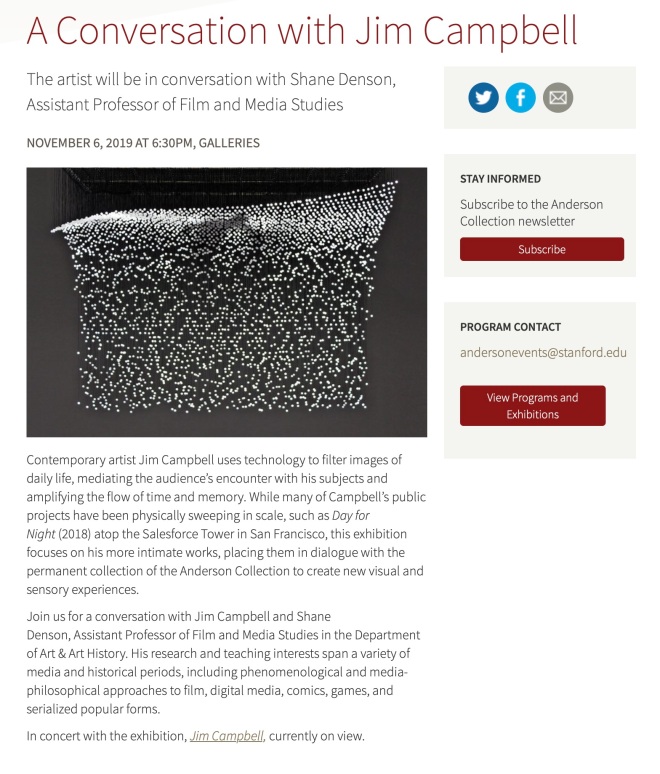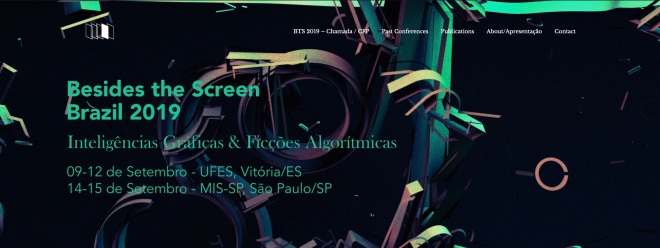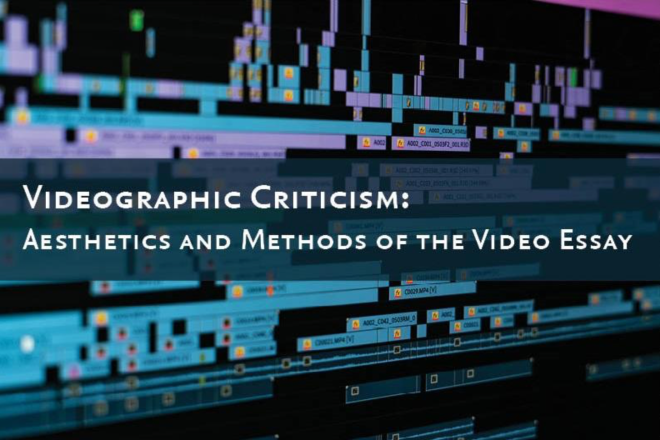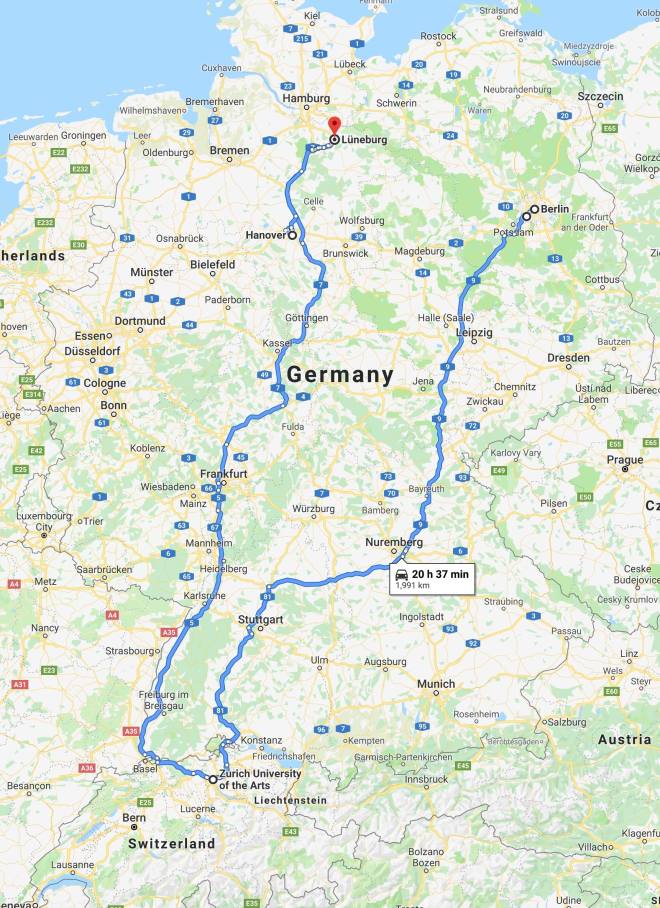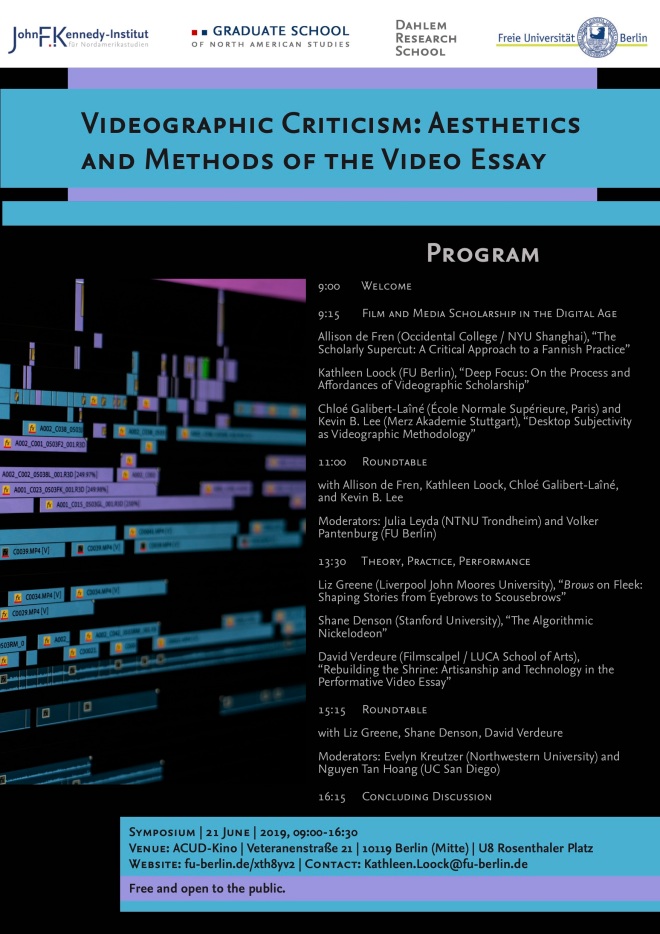
This coming week I will be at Duke University for two events:
First, on Thursday, February 20 (5pm, exact location to be determined), I will be giving a talk titled “Aesthetics of Discorrelation” (drawing on work from my forthcoming book Discorrelated Images).
Then, on Friday, February 21 (1-3pm in Smith Warehouse, Bay 4), I will be participating in a follow-up event to the NEH Institute for Virtual and Augmented Reality for the Digital Humanities, or V/AR-DHI. I will present work on “Exploring Cinematic Mixed Realities: Deformative Methods for Augmented and Virtual Film and Media Studies” and participate in a roundtable discussion with other members of the Institute.

